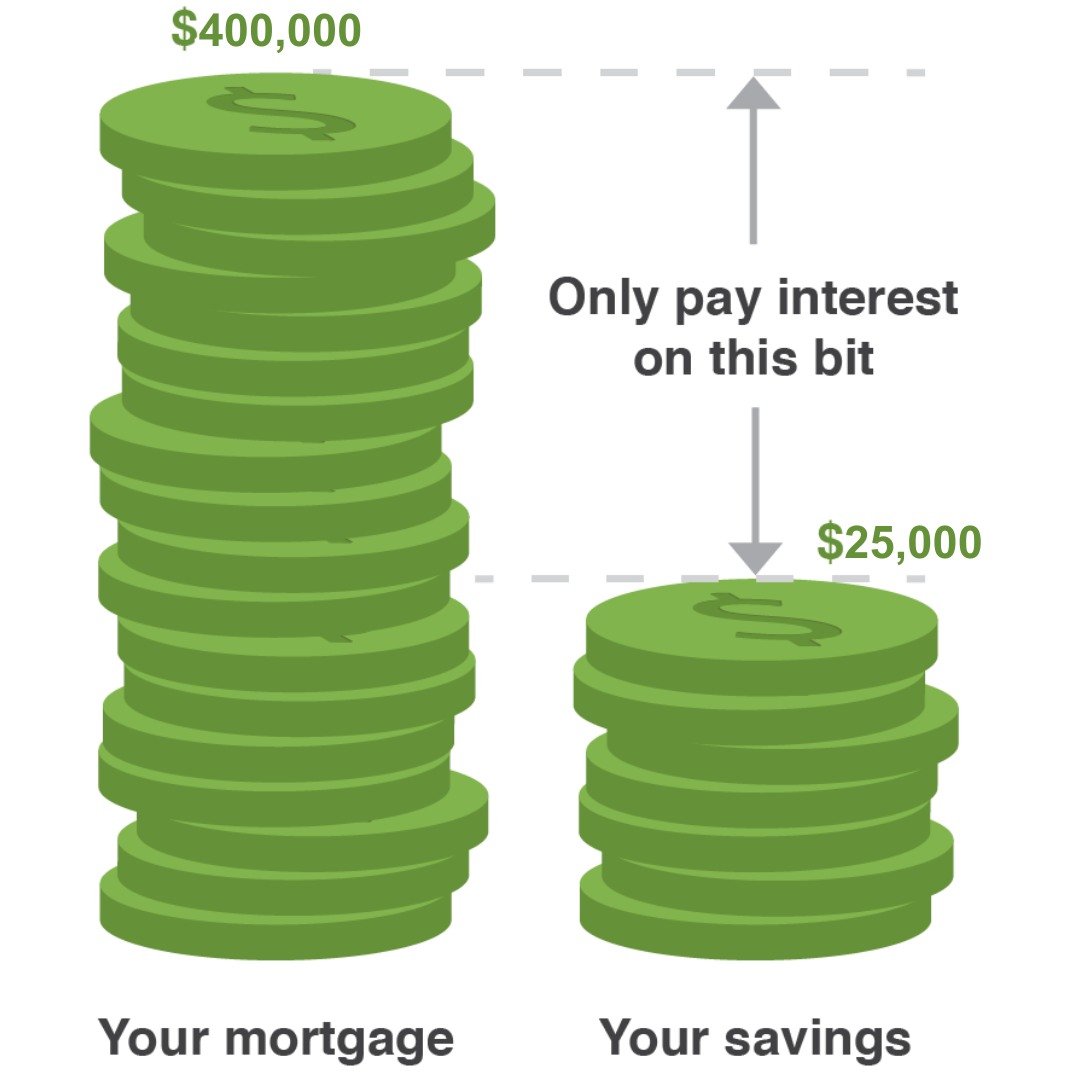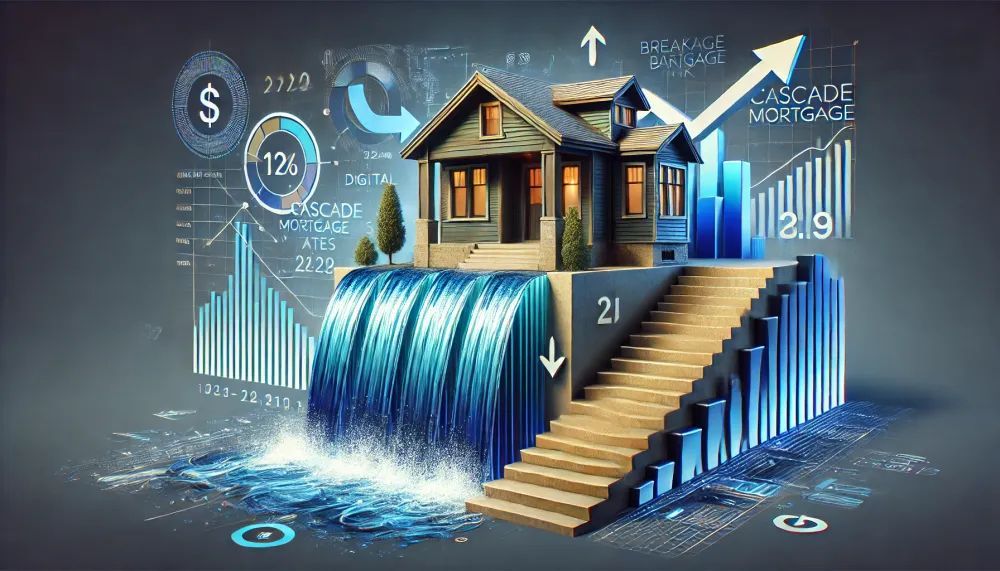How to Keep Your Credit Score Sparkling
Your credit score can mean the difference between being approved or declined for a mortgage

When it comes to purchasing a home, your credit score plays a significant role in the interest rate you may qualify for.
Maybe you’re simply looking for ways to improve your credit score fast? Either way, it’s important to know it can take some time and patience. However, to give your credit score a boost, you should consider doing (or start doing) each of the following tips.
Monitor Your Payment History
Your payment history is the most important factor for your credit score.
To improve your payment history:
- always make your payments on time
- make at least the minimum payment if you can’t pay the full balance
- contact the lender right away if you think you'll have trouble paying a bill
- don't skip a payment even if a bill is in dispute
Use Credit Wisely
Don’t go over your credit limit. Borrowing more than the authorized limit on a credit card can lower your credit score…..significantly.
Try to use less than 35% of your available credit. It’s better to have a higher credit limit and use less of it each month.
For example:
- a credit card with a $5,000 limit and an average borrowing amount of $1,000 equals a credit usage rate of 20%
- a credit card with a $1,000 limit and an average borrowing amount of $500 equals a credit usage rate of 50%
If you use a lot of your available credit, lenders see you as a greater risk. This is true even if you pay your balance in full by the due date.
Increase the Length of Your Credit History
The longer you have a credit account open and in use, the better it is for your score. Your credit score may be lower if you have credit accounts that are relatively new.
If you transfer an older account to a new account, the new account is considered new credit.
For example, some credit card offers come with a low introductory interest rate for balance transfers. This means you can transfer your current balance to this new product. The new product is considered new credit.
Consider keeping an older account open even if you don't need it. Use it from time to time to keep it active. Make sure there is no fee if the account is open, but you don't use it. Check your credit agreement to find out if there is a fee.
Limit the Number of Credit Applications or Credit Checks
It’s normal and expected that you'll apply for credit from time to time. When lenders and others ask a credit bureau for your credit report, it’s recorded as an inquiry. Inquiries are also known as credit checks.
If there are too many credit checks in your credit report, lenders may think that you’re:
- urgently seeking credit
- trying to live beyond your means
How to Control the Number of Credit Checks
To control the number of credit checks in your report:
- limit the number of times you apply for credit
- get your quotes from different lenders within a two-week period when shopping around for a car or a mortgage. Your inquiries will be combined and treated as a single inquiry for your credit score.
- apply for credit only when you really need it
“Hard Hits” Versus “Soft Hits”
“Hard hits” are credit checks that appear in your credit report and count toward your credit score. Anyone who views your credit report will see these inquiries.
Examples of hard hits include:
- an application for a credit card or mortgage
- some rental applications
- some employment applications
“Soft hits” are credit checks that appear in your credit report but only you can see them. These credit checks don't affect your credit score in any way.
Examples of soft hits include:
- requesting your own credit report
- businesses asking for your credit report to update their records about an existing account you have with them
Use Different Types of Credit
Your score may be lower if you only have one type of credit product, such as a credit card.
It's better to have a mix of different types of credit, such as:
- a credit card
- a car loan
- a line of credit
A mix of credit products may improve your credit score. Make sure you can pay back any money you borrow. Otherwise, you could end up hurting your score by taking on too much debt.
Your credit score can mean the difference between not only being approved or declined for a mortgage, but it can affect the mortgage interest rate, the type of mortgages available, and the mortgage lenders that you can choose from.
Let’s get moving
Our latest articles



